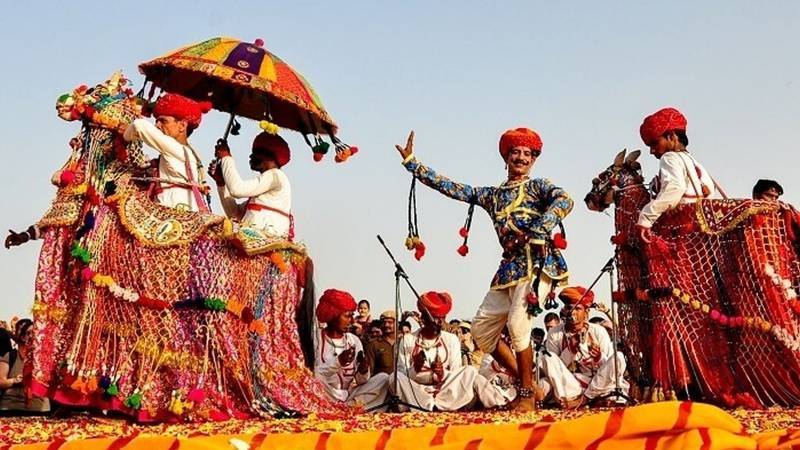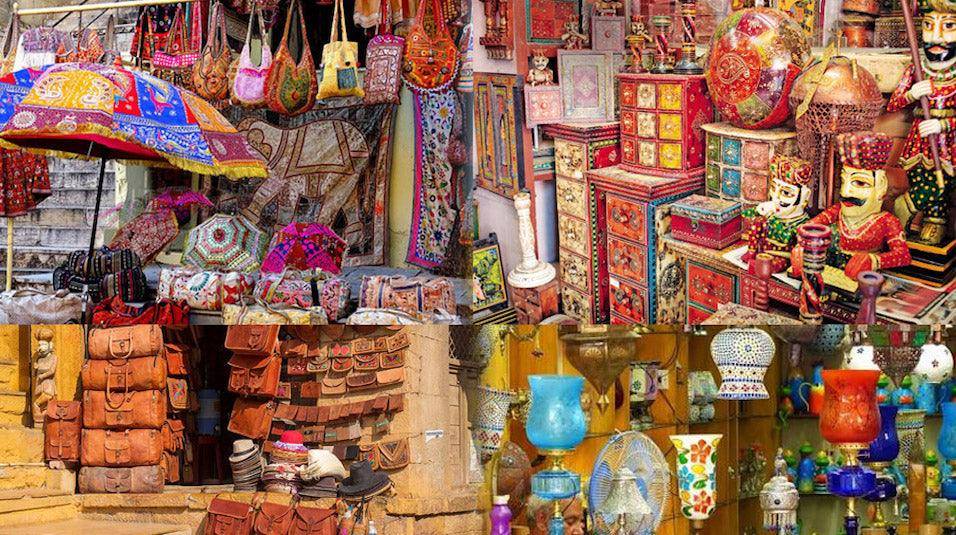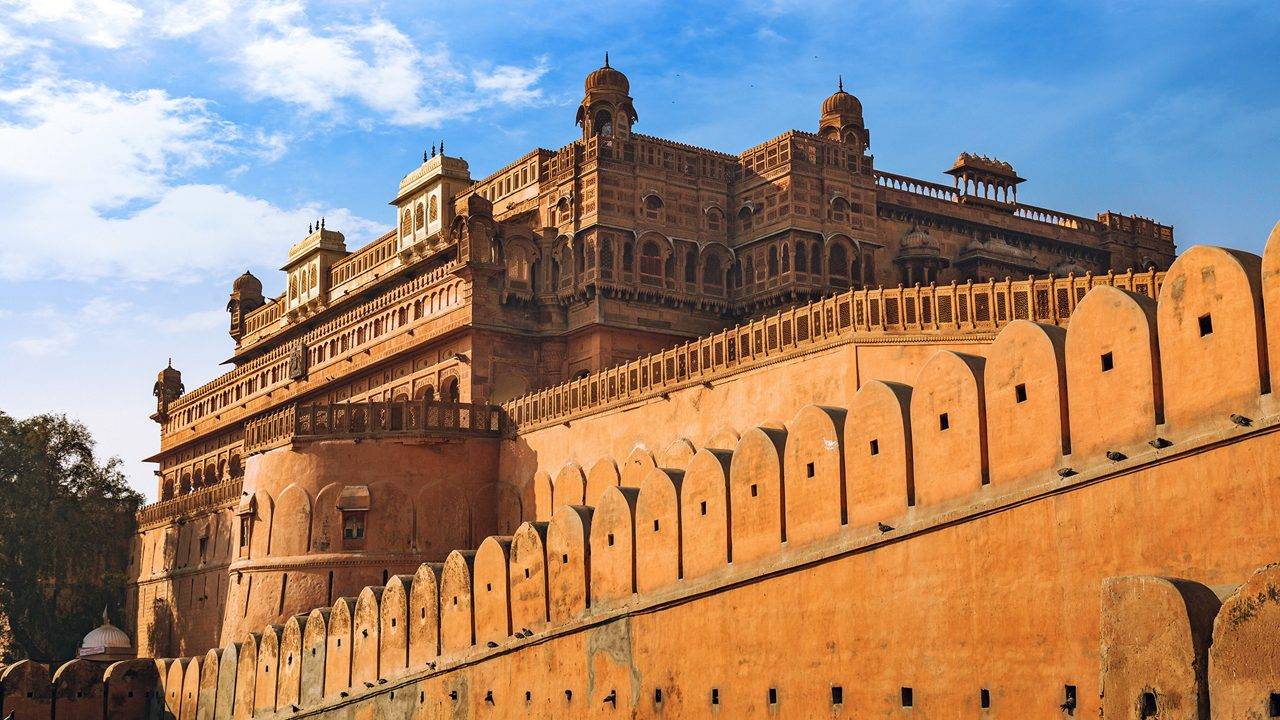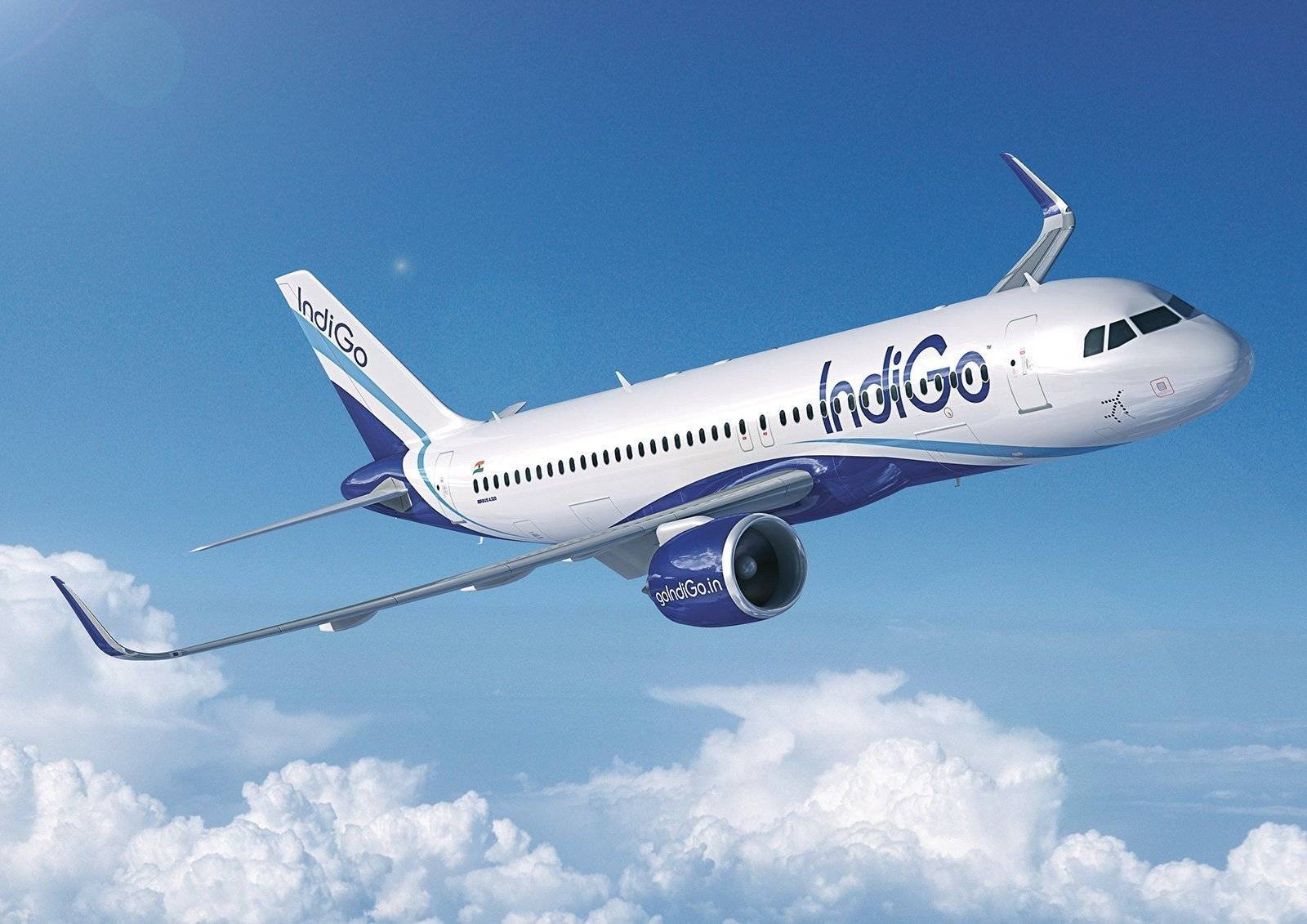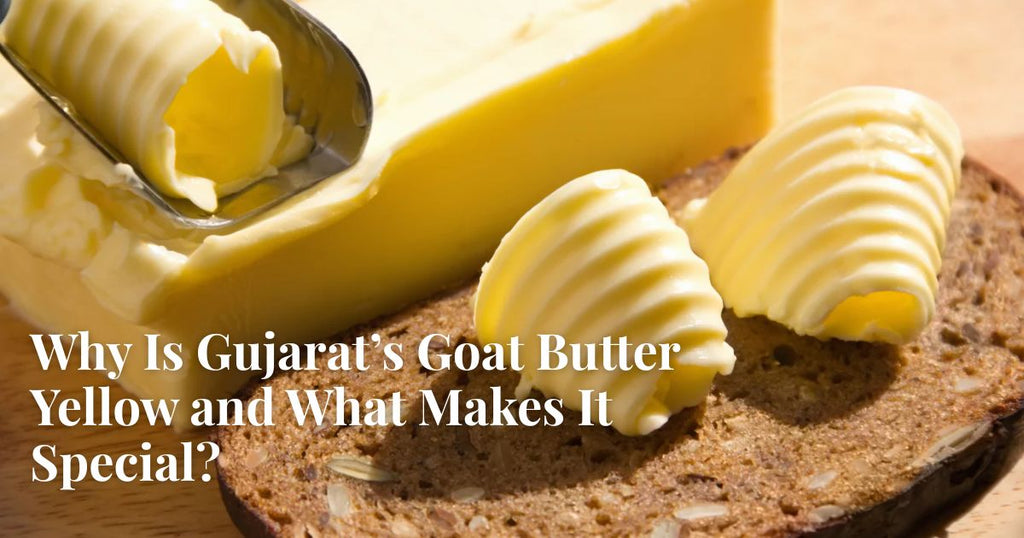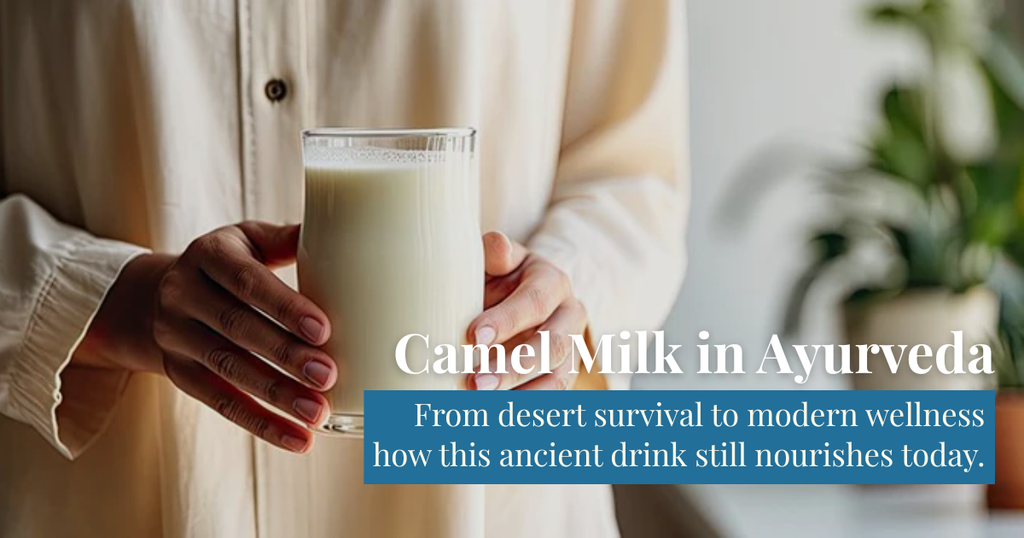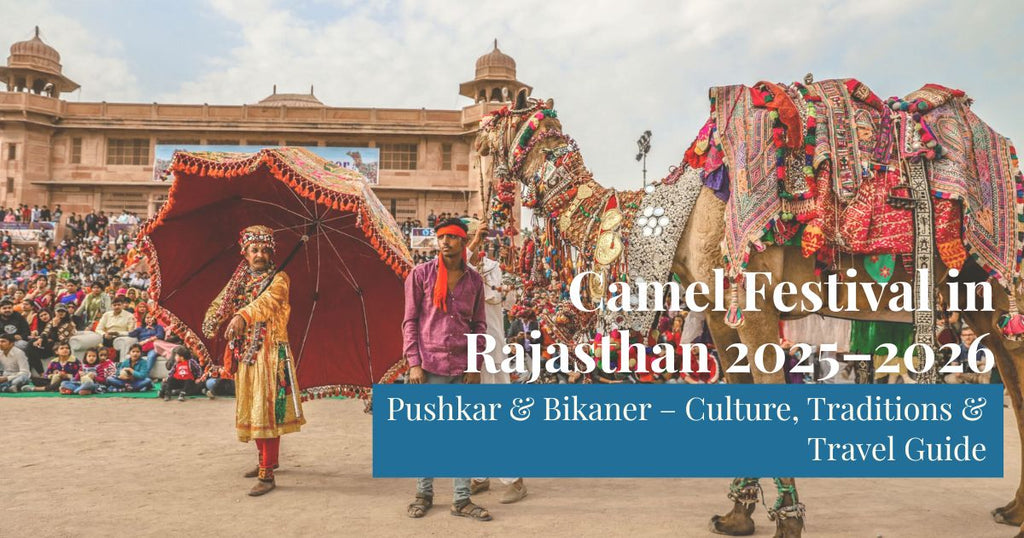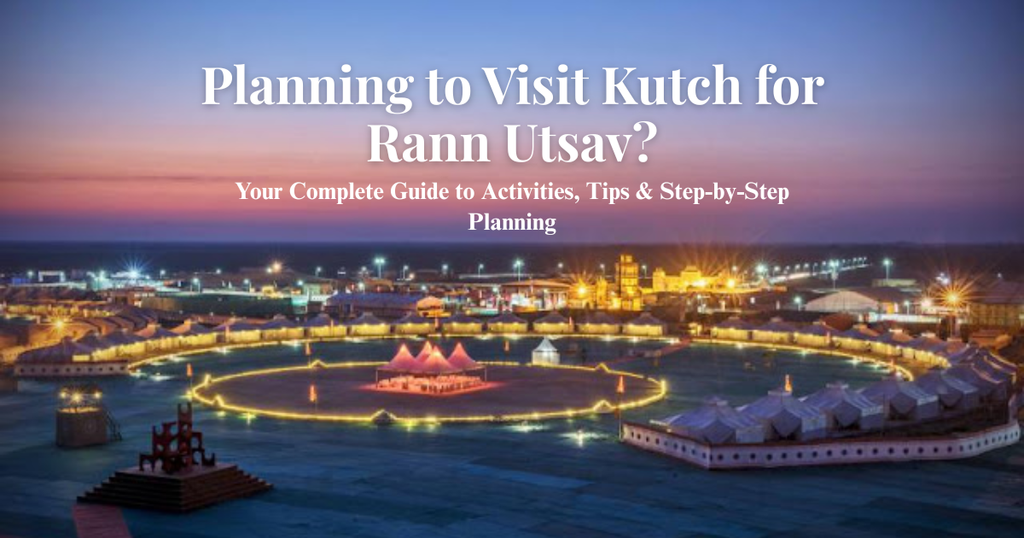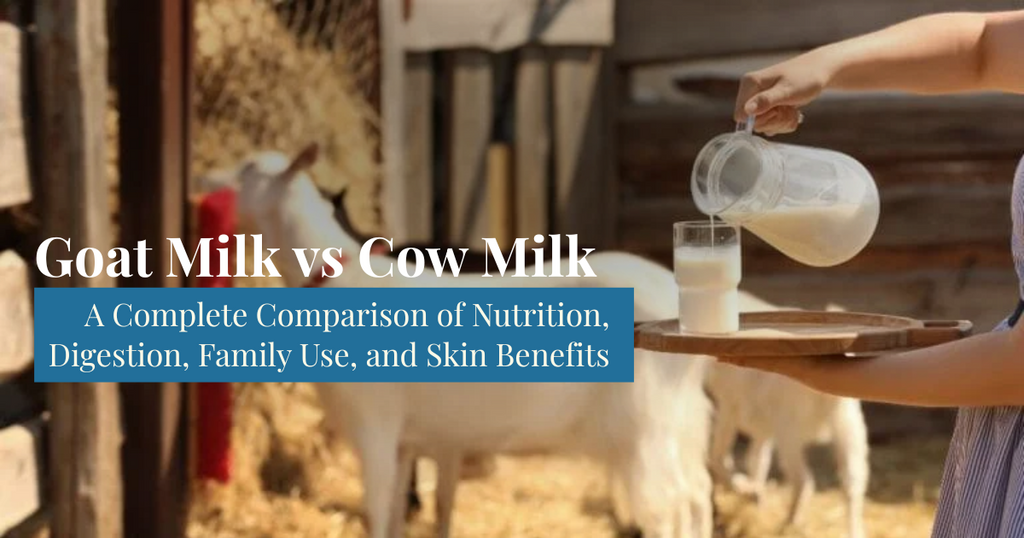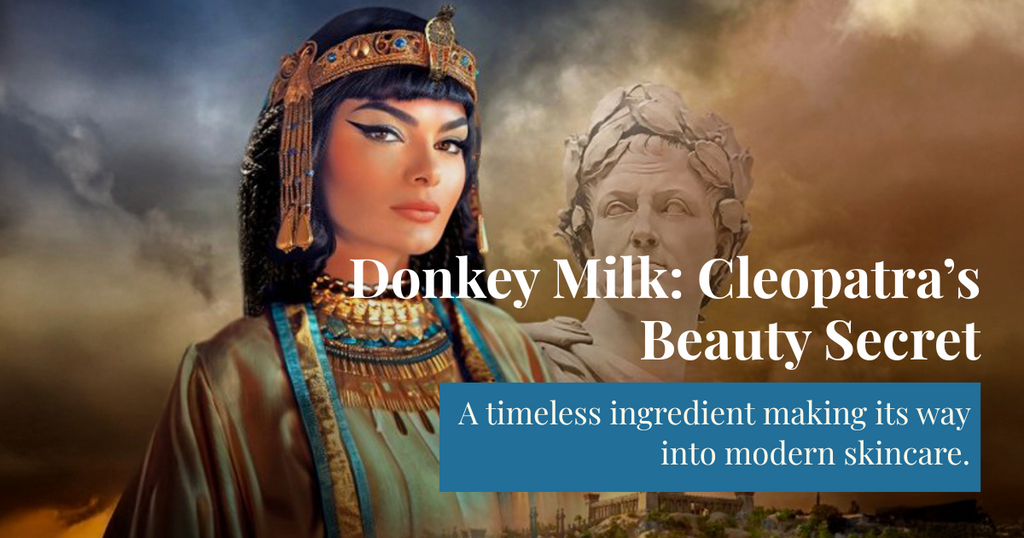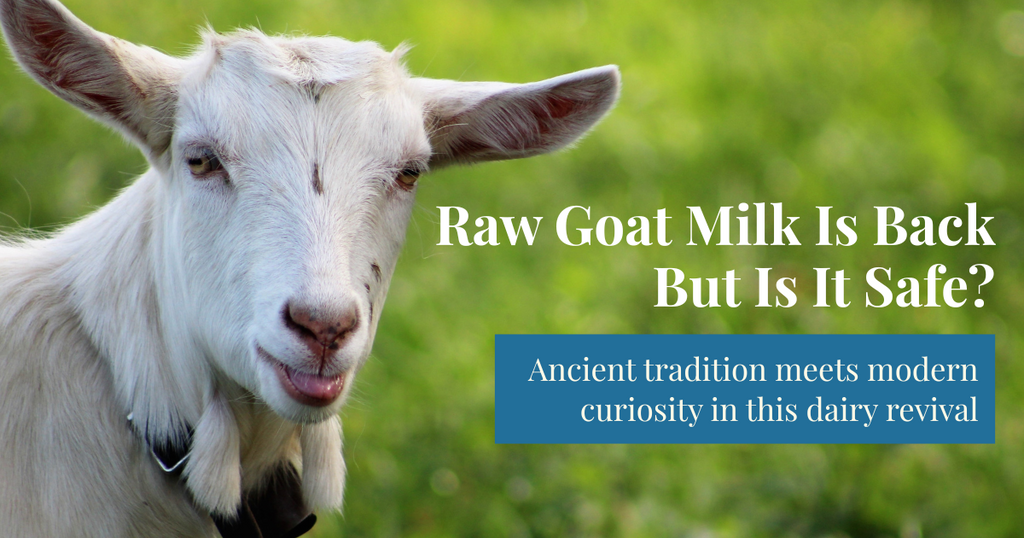Camel fairs are held at Pushkar and Bikaner in India annually.
Ride into Rajasthan’s Desert Magic: Pushkar & Bikaner Camel Festivals 2025 –2026
🕑6 min read | Published: October 21, 2025 | By: Aadvik Foods
A land of rustling dunes, where forts narrate stories, sand dances to the tune of folk music, and royal pride of centuries is carried on the dromedarian humps. The mention of Rajasthan brings to life the vibrant images of golden sand-covered dunes, colorful turbans, camels leisurely walking toward the horizon, and the princely architecture and grandeur. And somewhere, the “padharo mharo desh” starts playing in the mind, enticing you as a whole.
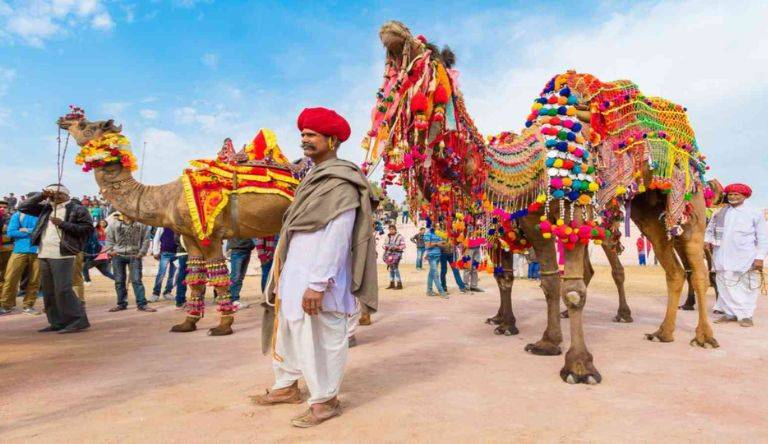
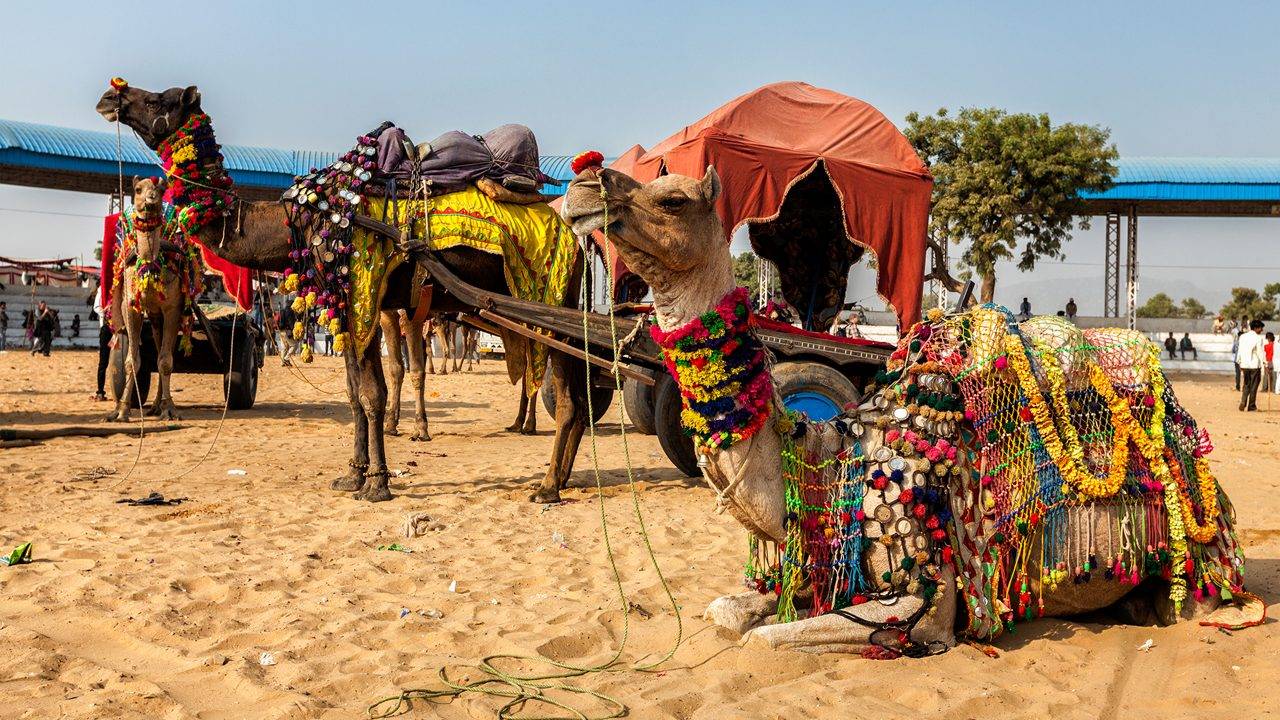
Pushkar Camel Fair
Originally started as a marketplace where herders gathered to trade camels, cattle, and horses, this event has evolved into a grand cultural exhibition that attracts tourists from around the world every year. Pushkar becomes a co-space for pilgrims, photographers, and wanderers where devotion meets grandeur. This annual five-day event is held in October or November each year. Pushkar camel fair (Kartik Mela or Pushkar Mela) is a comprehensive festival combining spirituality, commerce, and tradition in one colorful package. So, when looking for the ultimate large desert event, this one is expected to top the Rajasthan bucket list.
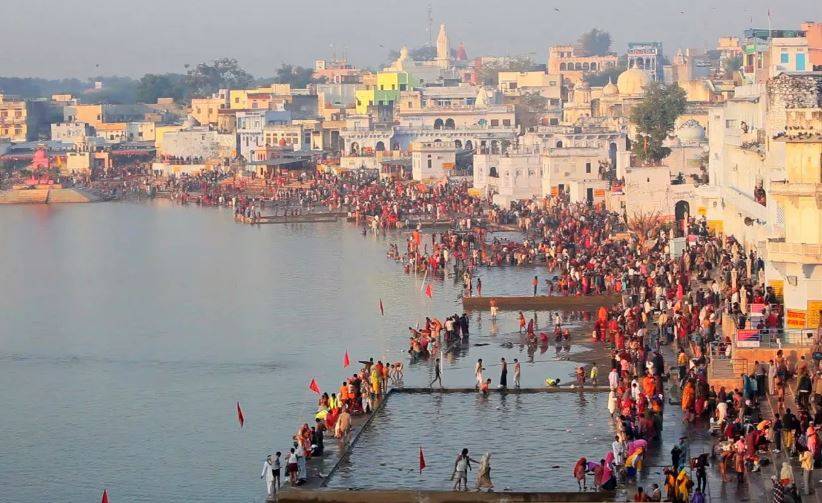
- Camel Racing - Nothing can match the joy of watching the desert ships gallop down a sandy track.
- Beauty Contests of the Camels - Camels come equipped with decorative, colorful bridles, shimmering saddles, and sometimes even shaved patterns. Seriously, the glow-ups would go viral if camels had Instagram with the “best dressed camel” award.
- Cultural Events - Folk dancers dressed in elaborate, twirly-skirt costumes, musicians playing slow desert tunes, and arena adventures featuring puppets and storytellers bring the artistic “desert diaries” to life.
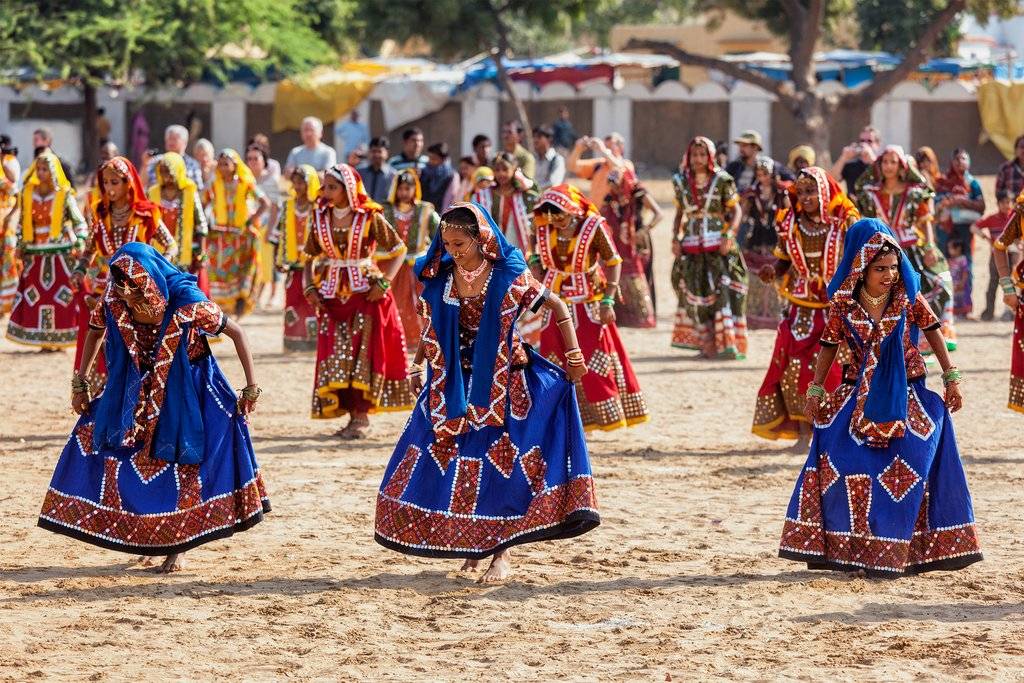
Bikaner Camel Festival: A Party in the Desert with the Hooves

- It's a desert party with the hooves of the extravagant opening parade of decorated camels from the Junagarh Fort to Dr. Karni Singh Stadium.
- Several camel competitions and performances, along with the cutting of camels' fur, and even the racing of camels while being milked.
- The food is a must-try, with authentic Rajasthani thalis serving dal baati churma, gatte ki sabji, ker sangri, and laal maas. The different types of chats, kachoris, and ghewar are dishes to die for.
- The food stalls that serve Rajasthani food may even provide food that includes camel milk treats. Some brands, like Aadvik, also provide camel milk products that can be procured both online and offline.
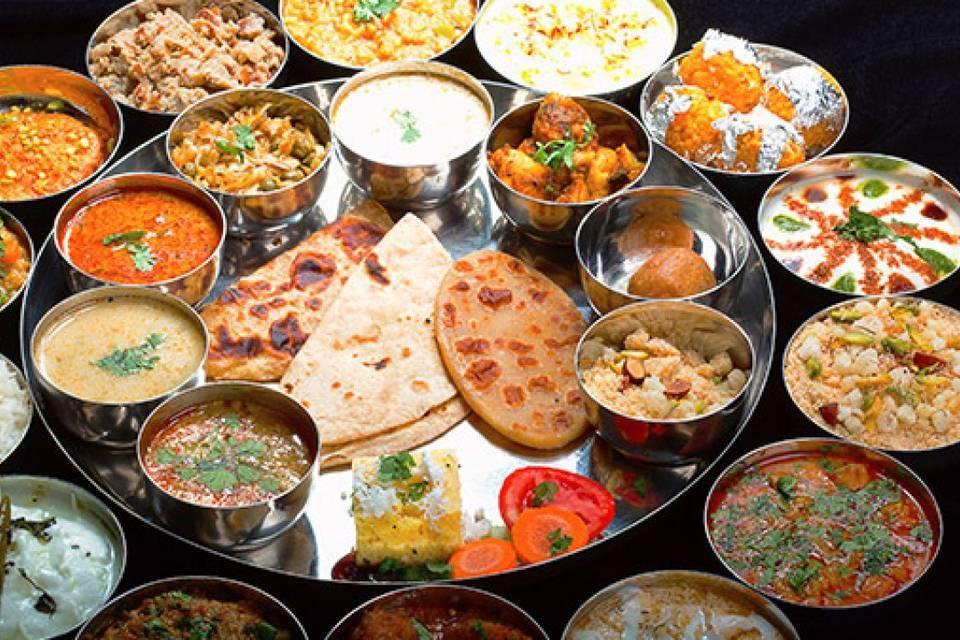
Rhythms, Markets and Bling: Touristy Stuff

More than just camels: Unmissable Desert Experiences
- Camel Riding in the Desert
- Visiting Brahma Temple, bazaars, and soaking in the spiritual serenity of the ghats beyond the fair at Pushkar.
- Visiting the Junagarh Fort, famous Karni Mata Temple (yes, the one with the rats!), and Bikaneri snacks add extra flavor to your visit to Bikaner.
- Desert camping, fire pits, Rajasthani thalis, and desert scenery, along with stargazing opportunities under the endless desert skies.
Is A Trip plan already brewing?
Conclusion
Frequently Asked Questions
Where is the Camel Fair in India?
What are the activities for visitors at these camel festivals?
Along with watching camel racing and the camel parade, guests can enjoy a variety of folk music, dances, handicraft fairs, camel rides in the desert, and local Rajasthani food. Also, visitors can experience the forts, temples, and the bazaars in both Pushkar and Bikaner.
What differentiates the Pushkar Camel Fair from the Bikaner Camel Festival?
The Pushkar Camel Fair features livestock exchange, religious ceremonies, and cultural activities, whereas the Bikaner Camel Festival focuses more on performances, camel processions, and celebrating camels as cultural symbols.
Where is the Camel Festival in Bikaner?
The Camel Festival is held around the Junagarh Fort. The festival highlights the significance of camels in Rajasthan's culture through performances, camel parades, and demonstrations of the desert lifestyle.
Which is the largest camel festival in India?
The Pushkar camel fair is considered to be the largest camel festival in India.
What is the date of the Pushkar Fair?
The Pushkar Fair aligns with the Kartik Purnima of the Hindu calendar and is scheduled to take place from 30th October to November 5th, 2025.

